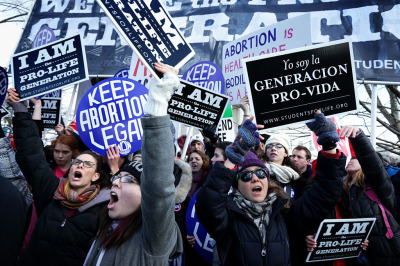The little known case that led to gay marriage and abortion
Roe v. Wade (1973)

Quite possibly the most controversial decision ever made by the Supreme Court, Roe v. Wade declared abortion is a constitutional right, striking down laws that restricted the practice before fetal viability.
In the majority opinion, Chief Justice Harry Blackmun stated that while the “Constitution does not explicitly mention any right of privacy,” Griswold was part of “a line of decisions” that “recognized that a right of personal privacy, or a guarantee of certain areas or zones of privacy, does exist under the Constitution.”
Justice Potter Stewart authored a concurring opinion and cited Griswold multiple times as an example of a decision that states “that freedom of personal choice in matters of marriage and family life is one of the liberties protected by the Due Process Clause of the Fourteenth Amendment.”
“Clearly, therefore, the Court today is correct in holding that the right asserted by Jane Roe is embraced within the personal liberty protected by the Due Process Clause of the Fourteenth Amendment,” Stewart wrote.




























